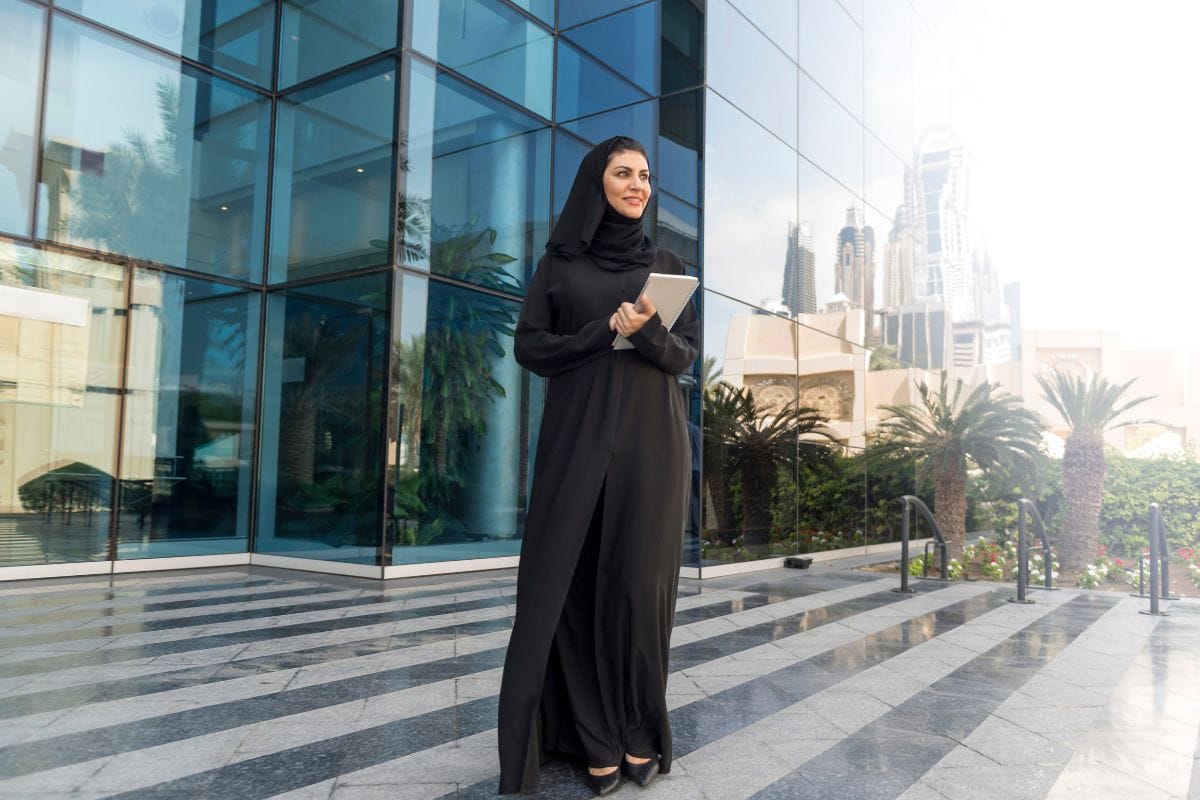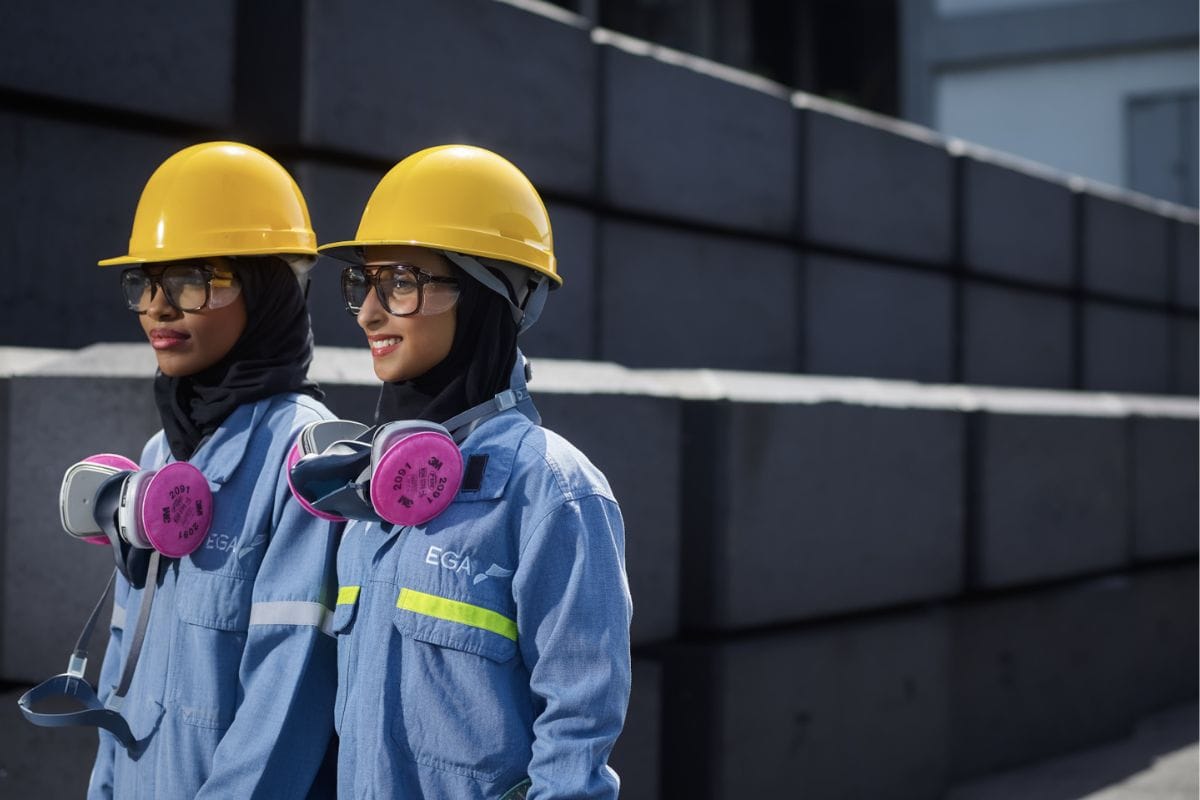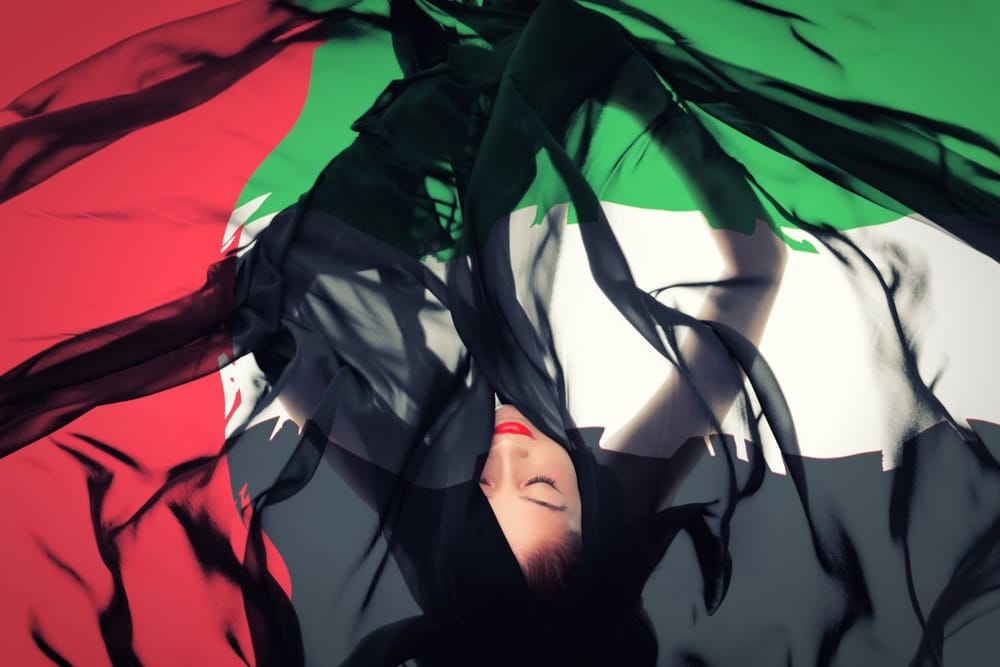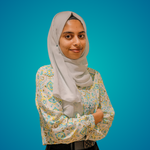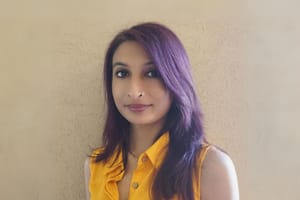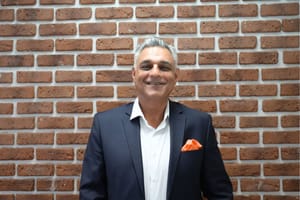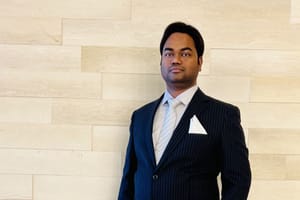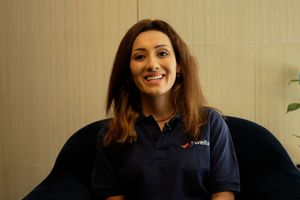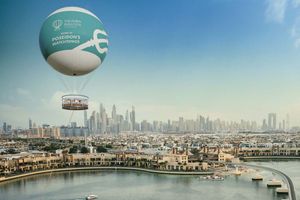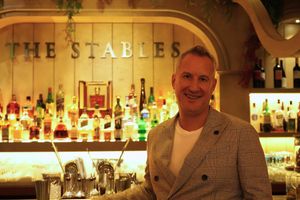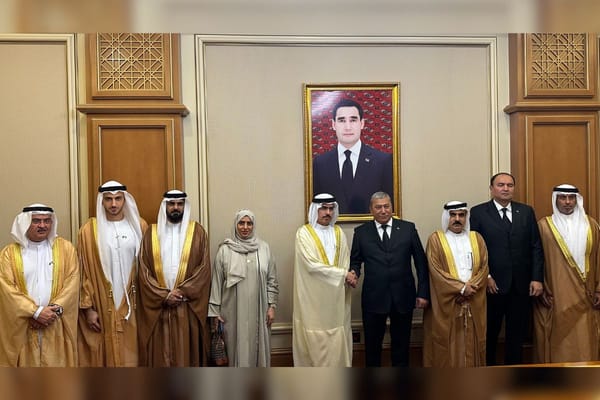In celebration of Emirati Women’s Day 2024, HiDubai brings together the stories of two remarkable women—Tala Badri, a trailblazing musician, and Qadreya Al Awadhi, an innovative businesswoman—both excelling as entrepreneurs and making a profound social impact. Despite their different paths in arts and finance, they share a commitment to excellence and empowerment, showcasing how life and opportunities for Emirati women have evolved.
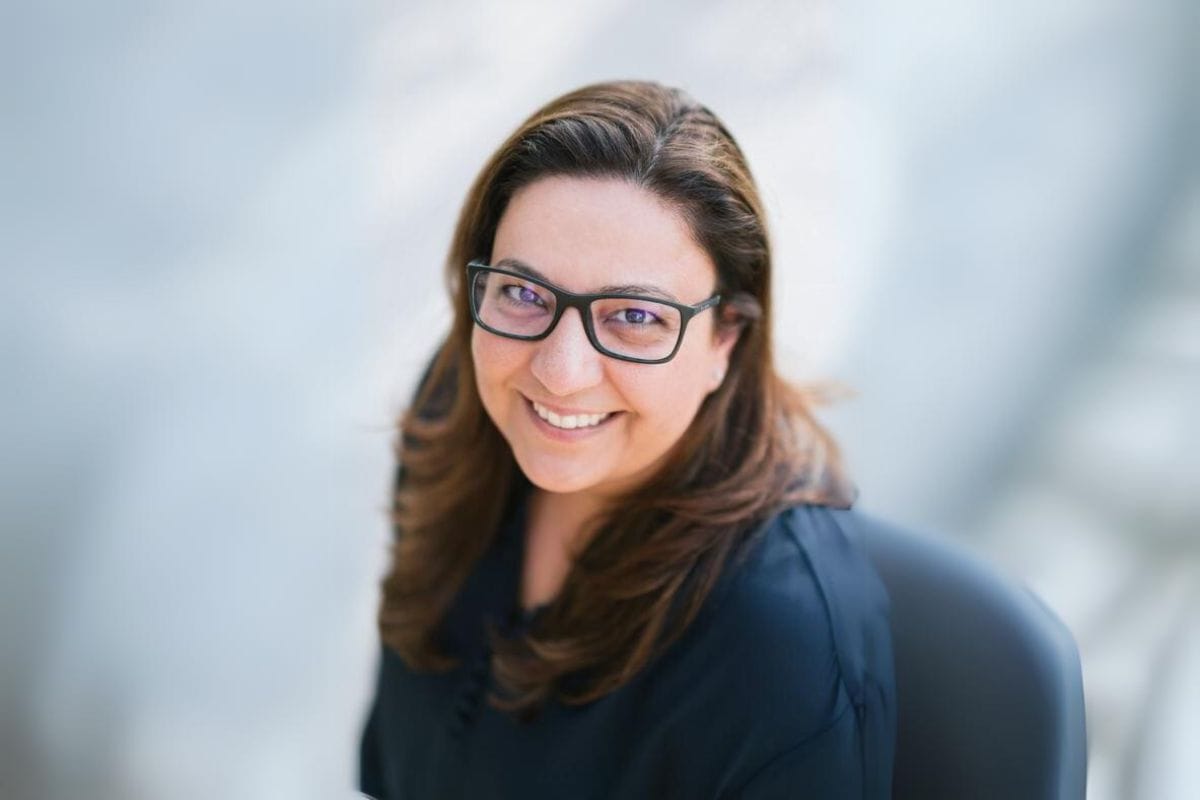
Tala Badri, director of Dubai's Centre for Musical Arts, studied music in the UK at a time when a music career was unimaginable in Dubai. Now, as her music school marks 18 years of success, Tala reflects on the UAE’s growing commitment to investing in women—a welcome change from her early struggles in the 90s.
"Over the past decade, so much has changed. I truly believe that the UAE stands by its commitment to investing in women, and it shows. There are now many women pursuing education both locally and abroad, with significant investments being made in their education. Women are increasingly represented in government, holding high positions in councils, and thriving in private industry."

One of the notable beneficiaries of this positive shift in supporting women is Qadreya Al Awadhi, a young entrepreneur from Dubai. At just 29, she is the founder and CEO of Bumblebee - a nutritious baby food business she launched after spotting a significant market gap. With a background in finance and capital from her own investments, Qadreya views her Emirati heritage as a valuable asset, providing a strong foundation for her business and aspirations.
Both Tala and Qadreya are witnessing Emirati women significantly shaping the UAE’s identity on the global stage. Tala, in particular, has observed a remarkable rise in women making their mark internationally, from cultural and political roles to showcasing their art in global galleries, performing abroad, and making strides in film production and direction.
Qadreya further underscores this transformative spirit by highlighting the global achievements of Emiratis, noting that women are shaping the international landscape across various fields. From astronauts and engineers to scientists and pilots, their impact is undeniable. She also mentioned the success of Emirati designers, including the first Emirati woman to have her designs showcased at Harrods.
While the UAE government has long championed opportunities and empowerment for women, neither Tala nor Qadreya report significant complaints from Emirati men about this progress. However, Tala feels a contrast with her experiences abroad, where she perceived a persistent "glass ceiling" and faced more obvious gender bias, particularly in business.
The younger entrepreneur thoroughly believes that the UAE, albeit being supportive of its women, bases success on merit and qualification, not gender. Despite the fairness that now exists, Qadreya doesn’t shy away from highlighting that some of the greatest achievements in the world should be credited to women, though historical biases often obscure this. She underscores the importance of trust and competence in the current economy of Dubai,
"Imagine you’re a bank or a business owner—would you invest your money in someone who isn’t qualified or who you believe might mishandle it, simply because they are female? You wouldn’t risk your money in that way."
Despite their distinct paths, both women find their greatest inspiration within their families. For Tala, the first Emirati music graduate, her daughter Sarah is her primary source of motivation. Sarah's exceptional musical talent and perseverance despite autism fuel Tala’s dedication to advancing music education in Dubai. Similarly, Qadreya credits her mother and the pioneering women of earlier generations, as well as her Emirati teachers as having laid the foundation for younger women to pursue their dreams with confidence and determination.
Given the rich heritage of Emirati culture, it’s natural to see its influence in the business world. Raised in an open-minded family in the heart of Dubai, Tala's values were shaped by an education that blended Western knowledge with the Islamic values integral to Emirati identity. This unique perspective is evident in her approach to running the Centre for Musical Arts. Tala also notes that Emiratis exhibit a strong sense of patriotism in their work and business practices.
Despite the rise of Islamophobia globally, Tala has not faced significant challenges abroad. In contrast, she struggles to advance and develop her work in performing arts and music locally. The difficulties arise from the unique cultural context of Islamic traditions, which doesn’t have a significant place for music education.
Juxtaposing the differences between the worlds of art and business, Qadreya’s experience has been quite different. Although she has not worked outside the Middle East, she has noticed a certain hesitancy among expatriates, fueled by assumptions about Emiratis. However, her positive outlook encourages open dialogue, emphasizing that the best way to overcome misconceptions is through genuine interaction and mutual understanding.
“People are not always as bad as you think”,
Qadreya remarks.
Hailing from a country renowned for being a humanitarian hub, the young woman also urges people to become more active in philanthropy, suggesting that charity starts at home and doesn’t have to be a grand gesture. Particularly, she highlights how the Sheikhs’ acts of service across the world have impacted Emirati society positively, instilling a sense of giving in its citizens.
Despite the UAE’s supportive stance, Tala has struggled with limited funding and acceptance, particularly in convincing Emiratis of music’s value beyond a hobby. However, recent developments, like Abu Dhabi’s National Grants Program for creative industries, offer renewed hope and encouragement.
“This initiative has started to encourage Emiratis to apply for grants and develop their projects, reflecting a growing acknowledgment of the creative arts’ importance. And the same initiative has now been developed in Dubai, which is fantastic. There is growing recognition of the vital role creative industries play in societal development. This support at both the federal and government levels is truly exciting and promising.”
Tala says.
Amid this era of transformation, Tala’s creative vision remains clear and ambitious:
"My ethos is to build from within, cultivating music as a vital skill that everyone can enjoy. I focus on grassroots development here in the UAE, helping people recognize the importance of art in life. While I collaborate internationally, my true passion and work are rooted here—where my heart is."
Qadreya, on the other hand, finds excitement in technological innovations that streamline production processes, such as new machinery that automates food preparation. She sees the integration of advanced technologies, including AI, as essential for the growth and sustainability of businesses across various fields, including her own.
As she prepares to expand Bumblebee and its benefits across the GCC, Qadreya is managing the growth of her brand while balancing a full-time role at a leading bank. She is committed to growing the local economy and hopes to become 100% locally sourced in the future, trusting the UAE’s emphasis on sustainable and home-grown products.
Though their journeys differ in genre and generation, Tala and Qadreya exemplify the evolving role of Emirati women in shaping a vibrant, progressive society. Their shared commitment to excellence and growth weaves a powerful narrative about the strength of empowered women.
Also Read:
